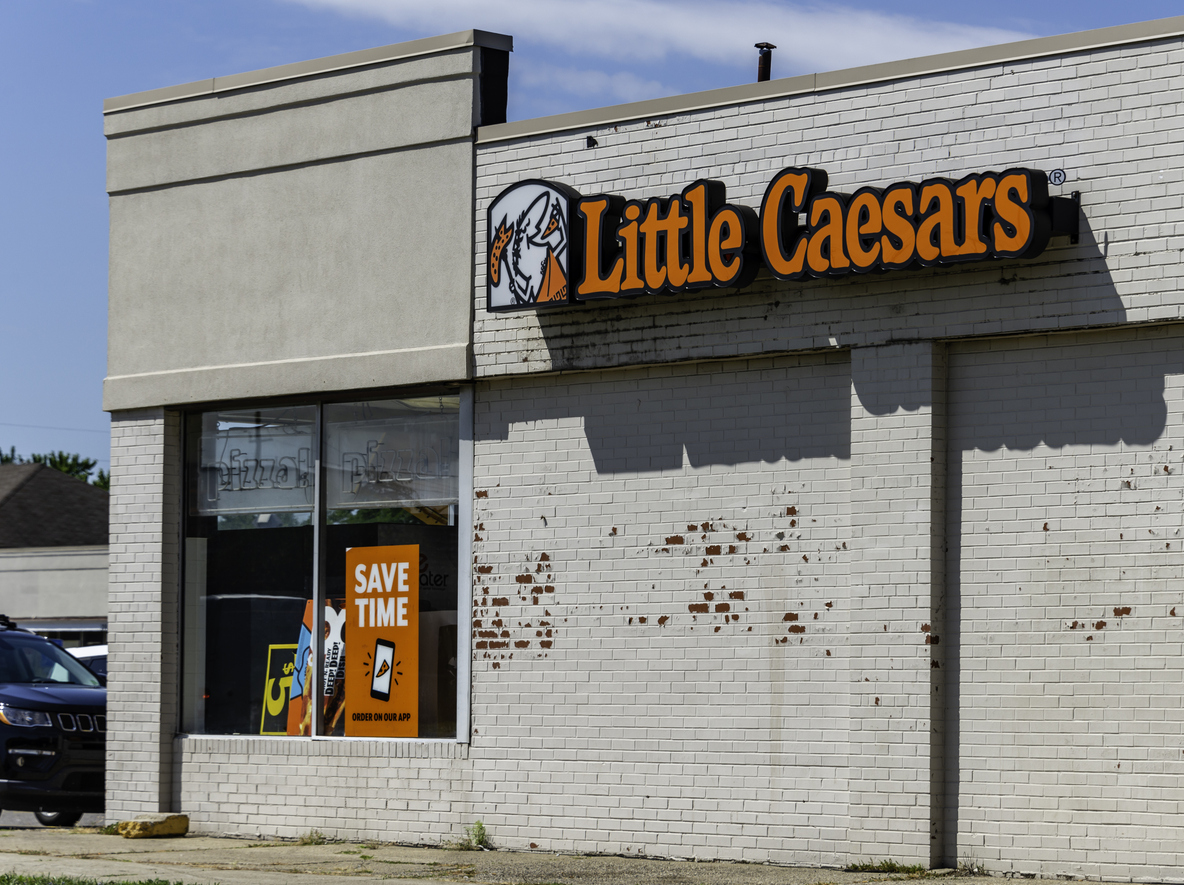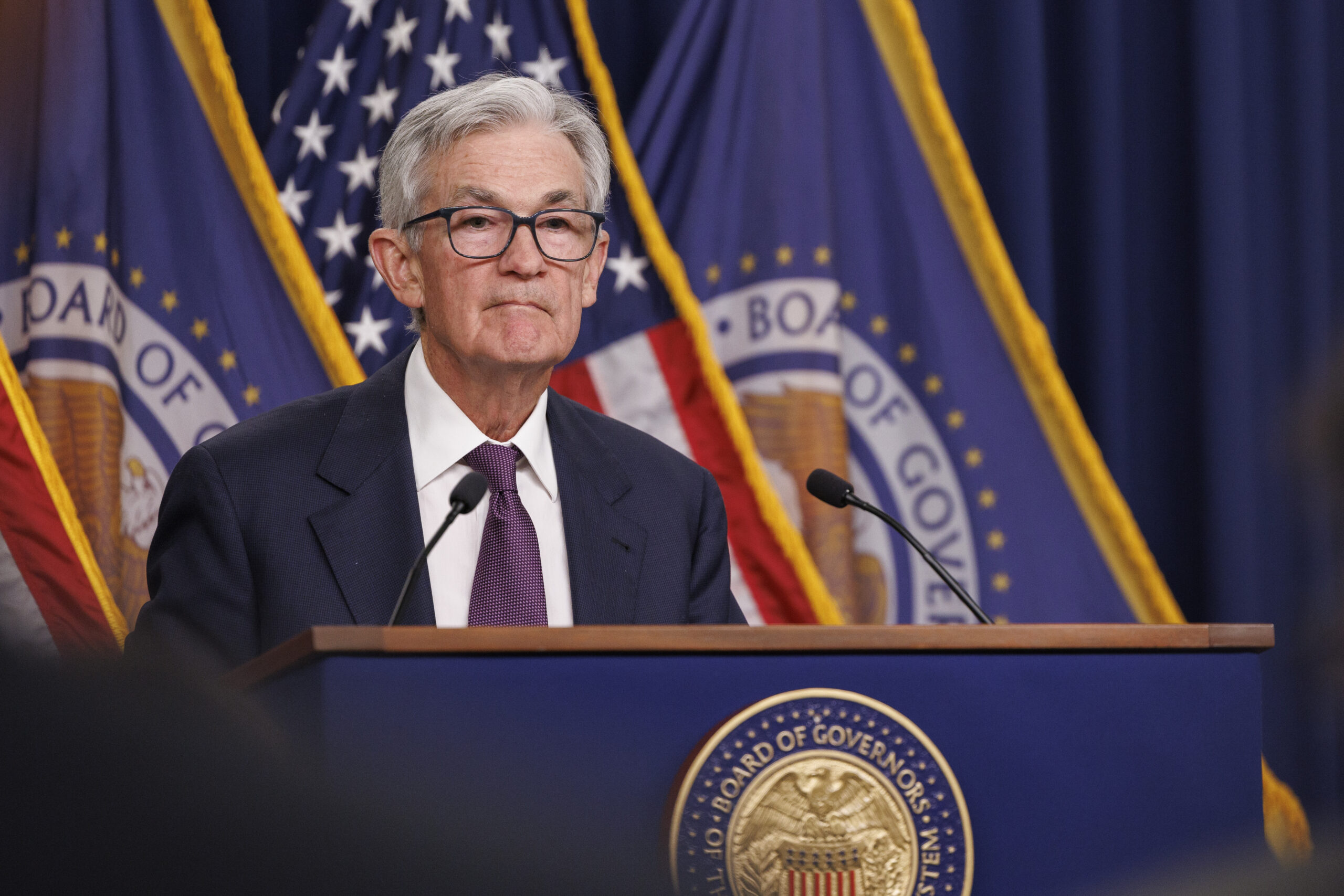- PE 150
- Posts
- The Next Logistics Play, $69B RPA Boom, Private ETFs
The Next Logistics Play, $69B RPA Boom, Private ETFs
"From a $69B robotic revolution to sustainable urban logistics and ETFs reshaping private equity access—discover the trends driving the future of innovation and investment."
Happy first hump day of 2025, !
This first week back we dive into the Robotic Process Automation (RPA) market which is set to explode in 2025.
Private asset ETFs continue to rise providing a much needed lifeline for liquidity in the PE landscape.
The private Credit boom is marked by a steady increase in refinancing as a % share of all deals, with 2024 marking an 18% refinancing share.
Urban logistics can be the play for PE sponsors with the need for eco-friendly infrastructure in mobility projected to explode by 2030.
— PE150 Team
In this Issue:
📚 Data Dive
Private Equity's Robotic Goldmine

Private Equity’s new automation playground is the Robotic Process Automation (RPA) market, which is set to explode from $7B in 2023 to $69B by 2032, with a sizzling 29.86% CAGR. North America leads the charge, holding a 38.3% market share, thanks to early adoption, a dynamic entrepreneurial ecosystem, and robust competition driving efficiency.
Our Digital Investment Vitality Index (DIVI) pinpoints where the next big wins are: India and APAC are surging ahead, saving 4.9 weekly hours per worker through automation. Meanwhile, LATAM’s untapped potential and public services' low adoption rates present hidden gems for investors.
The lesson? Smart capital allocation in high-growth regions and fragmented industries could transform RPA investments into standout performers
Want to learn more?
Premium Perks
Since you are an Executive Subscriber, you get access to all the full length reports our research team makes every week. Interested in learning all the hard data behind the article? If so, this report is just for you.
|
Want to check the other reports? Access the Report Repository here.
📈 Trend of the week
Urban Logistic: the capital needs for better cities
By 2030, cities could see a 61% surge in delivery vehicles, a necessary consequence of e-commerce growth. But this convenience comes at a cost: skyrocketing congestion, carbon emissions, and public safety risks. The World Economic Forum's latest report underscores the urgency for change, emphasizing zero-emission fleets, shared microhubs, and robust urban planning.
Here’s the play for Private Equity: Infrastructure for urban mobility—like EV charging networks and decentralized warehouses—isn't just a solution; it's a goldmine. With cities like Bengaluru projecting a 76% hike in transport emissions, demand for eco-friendly logistics is surging. For sponsors, it’s the perfect entry point to back scalable, sustainable models while riding the wave of regulatory and consumer-driven pressure for greener cities. The potential to reshape how goods—and investments—move has never been greater.
Sponsored Content
A Smarter Way to Change Your Drinking
What if cutting back on drinking didn’t mean going to rehab? Naltrexone helps you change your habits while still living your life.
Over 90% of our patients see positive changes, and 60% experience a significant shift in their drinking patterns.
Stay in control, keep your career thriving, and start feeling better today – at a fraction of the cost of traditional treatments.
💰Liquidity Corner
Liquidity lifeline: Private Equity and ETFs
The rise of private asset ETFs is set to transform the private equity landscape, offering investors unprecedented access to traditionally exclusive markets like private equity, private credit, and venture capital. These ETFs promise to democratize private markets by packaging them into a familiar, liquid, and cost-effective structure, making them accessible to both retail and institutional investors. By investing in a diversified portfolio of private assets, private asset ETFs could provide exposure to high-growth opportunities while reducing risks associated with individual issuers. Moreover, their structure is designed to improve price transparency and offer secondary liquidity, two features historically absent in private markets. Early filings, including ETFs focused on private credit with up to 15% exposure to illiquid assets, highlight the industry's commitment to innovation despite regulatory challenges.
However, this democratization comes with hurdles. The inherent liquidity mismatch, combining illiquid private assets with the daily tradability of ETFs, poses significant pricing and market-making challenges. In times of market stress, ETFs may trade at discounts or premiums to their net asset value (NAV), reflecting underlying illiquidity. Despite these concerns, industry giants like BlackRock and Invesco are leading the charge, investing heavily in infrastructure to address these issues and unlock retail access to private markets. As private markets grow, projected to surpass $18 trillion in assets under management by 2027, the introduction of private asset ETFs could open the door to a new era of investment, making private equity a more prominent part of portfolios across investor classes.
🤝 Deal of the Week
Insignia's $1.8B Power Play
Australia’s Insignia Financial has become the belle of the private equity ball. After rejecting Bain Capital’s A$2.67B offer, Insignia received a superior A$2.87B ($1.8B) bid from CC Capital, marking the New York firm’s first major foray into the Land Down Under.
The prize? Access to Australia’s $A4.1 trillion superannuation system—one of the largest private pension markets globally. Insignia’s shares jumped 11% on the news, hitting their highest level since 2022 but still trailing CC Capital’s A$4.30 per share bid. The offer carries a 21.5% premium over Friday’s closing price, but insiders hint that Insignia's board might push for more.
With Australian M&A surging 15% last year and inbound deals up 23%, this showdown could set the tone for 2025. The ball is now in CC Capital’s court, but satisfying regulators and shareholders could still be a steep climb. Stay tuned.
🏦 Private Credit Corner
Private Credit Refinancing on the Rise
The growth of private credit refinancing is reshaping the private credit landscape, reflecting its increasing importance as a financing tool. In 2020, refinancing accounted for 8.14% of all private credit deals, but by 2024, this share is projected to climb to an impressive 18.71%,more than doubling in just four years. This rapid growth underscores the evolving dynamics in the financial ecosystem, as companies turn to private credit to manage looming debt maturities and restructure their obligations amid tightening traditional lending conditions. With private credit offering greater flexibility and speed compared to bank loans, it has become a lifeline for borrowers navigating uncertain macroeconomic conditions, including rising interest rates and constrained liquidity.
This trend highlights the unique role private credit plays in the modern financial system, particularly as traditional credit markets face challenges. Refinancing through private credit enables businesses to optimize their capital structures and maintain financial stability without the red tape often associated with other financing avenues. For private credit investors, the rising demand for refinancing offers compelling opportunities to deploy capital in lower-risk, interest-generating instruments. As this trend accelerates, private credit refinancing is poised to remain a dominant theme into 2025, further solidifying the asset class as a critical tool for corporate borrowers and a key pillar of private markets.
📊 Macro View
Donald Trump White House second half: Trade Wars 2.0?
Donald Trump’s return to the White House could bring back his signature trade policies, with the potential to escalate into another global trade war. The Allianz Research report paints a stark picture: under a contained trade war, China could lose $34.2 billion in trade, but a full-blown conflict might spike this to $125.3 billion. US allies like Mexico and Canada could also face heavy losses, at $52.1 billion and $39.2 billion, respectively.
Trump’s "America First" agenda is likely to revive tariffs as a strategic tool, disrupting global supply chains and economic partnerships. This spells volatility for multinationals and private equity firms with international exposure. For dealmakers, the playbook must shift—think diversification and supply chain resilience. The bottom line? Trade friction may be Trump’s leverage, but the fallout will be a global challenge.
Advertise In PE 150!
Every week PE 150 directly reaches the email inboxes of 9,770 private equity sponsors, 36,980 investment bankers and 4,448 consultants/technologists.
We boast the best open rates (40%+) and click through rates (~6%) that are double and triple the industry average.
If you’d like to consider advertising in PE 150, click the button below to answer three quick questions to plan a campaign and get a quote in one hour or less!
🏆 This Week in History
This Week in History: The Y2K Scare That Shook the World
As the clock ticked closer to midnight on December 31, 1999, the world held its breath, gripped by the fear of a potential digital apocalypse. Known as the Y2K bug, this technical quirk arose from decades-old coding practices where years were stored as two digits (e.g., "99" for 1999) to save expensive memory space. When January 1, 2000, arrived, computers worldwide risked interpreting "00" as 1900 instead of 2000, potentially causing catastrophic failures in banking, aviation, utilities, and even nuclear systems. The prospect of widespread chaos led to a global scramble: governments, corporations, and engineers poured an estimated $320 billion into identifying and fixing vulnerable systems, backing up data, and crafting contingency plans to prevent a world-ending meltdown.
Despite the ominous predictions, the Y2K crisis proved to be more bark than bite. When the new millennium arrived, disruptions were minimal, Japan saw minor issues at nuclear plants, some buses in Australia struggled to validate tickets, and slot machines in the U.S. briefly stopped working. These minor glitches underscored the success of the unprecedented global effort to combat the Y2K bug. What could have been a monumental disaster became a lesson in preparation, resilience, and the growing interdependence of technology and daily life. The Y2K scare, though largely averted, remains a historic reminder of how small details in code can ripple through the vast complexities of modern systems.
📰 Interesting Articles
🐣 Tweet of the week
Valuing illiquid assets can be hard. GPs don’t always get it right. But just how concerned should regulators be about potential overvaluation? This is where fair value adjustment (FVA) data comes in.
Learn more: okt.to/JtNpmC— Preqin (@Preqin)
4:00 PM • Jan 2, 2025
"It's not about ideas. It's about making ideas happen."
Scott Belsky





